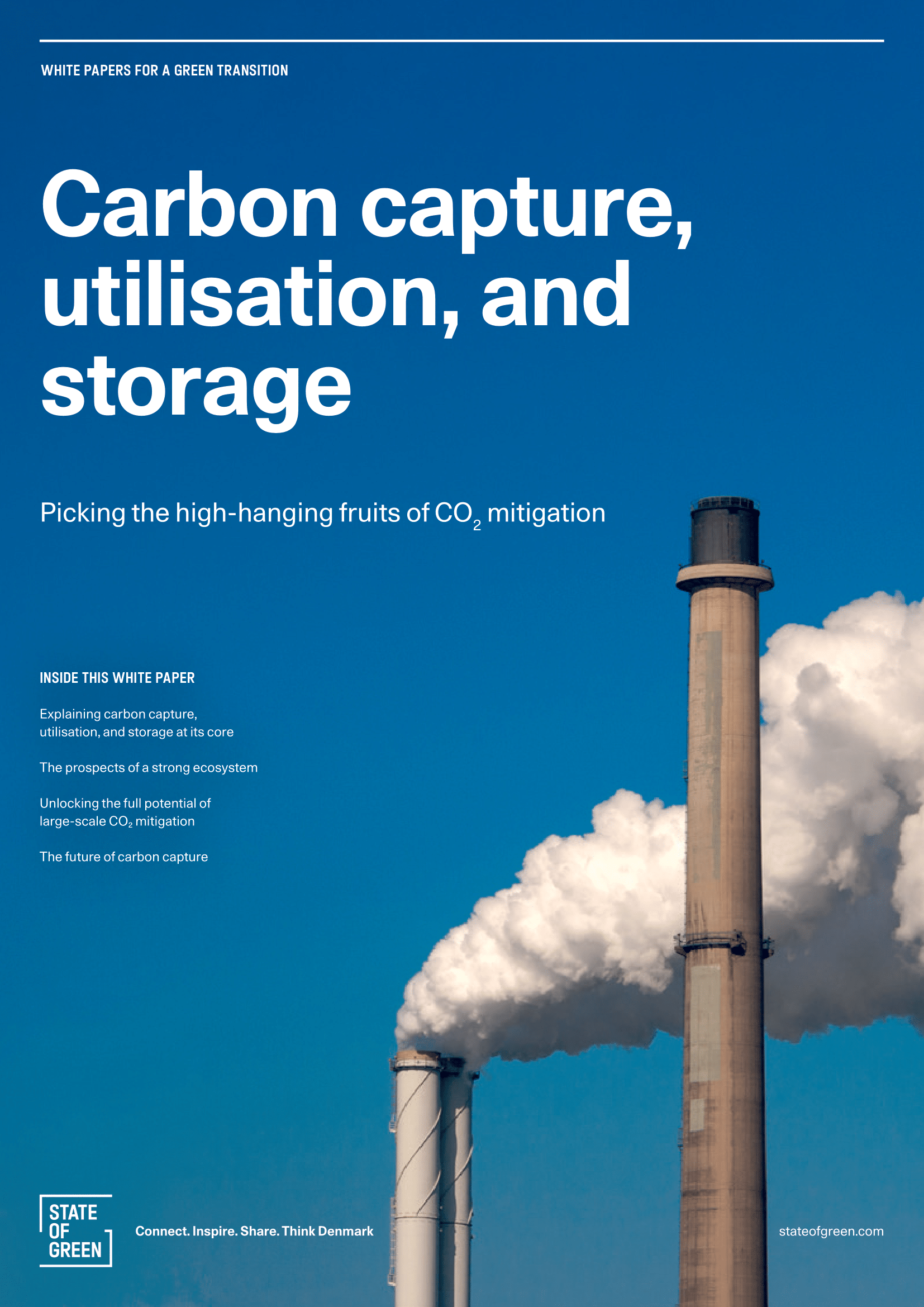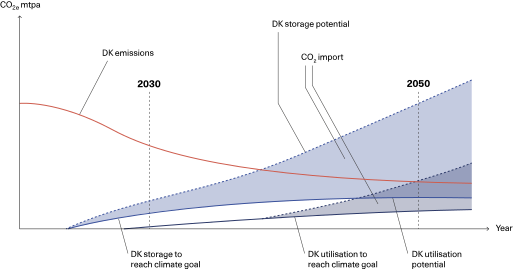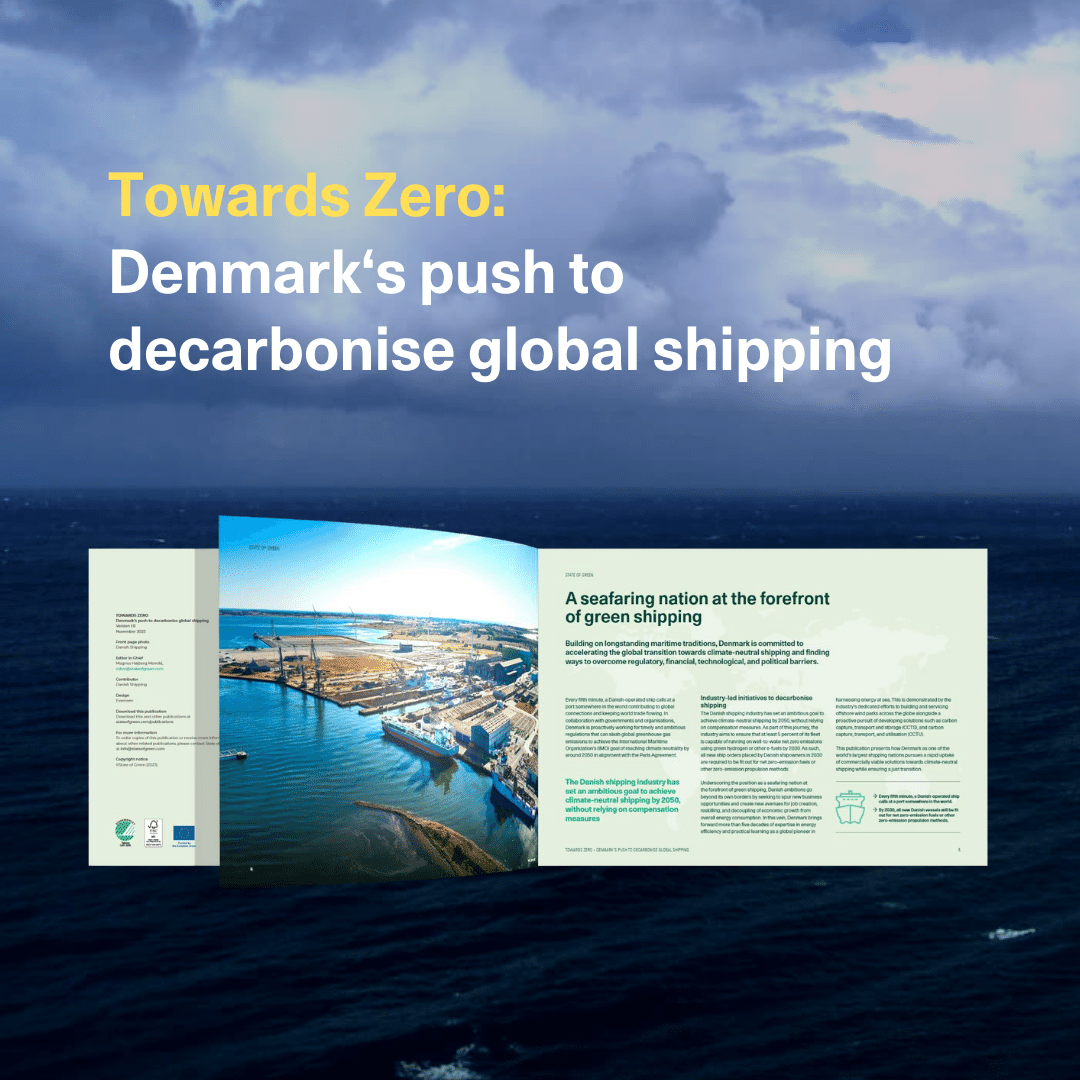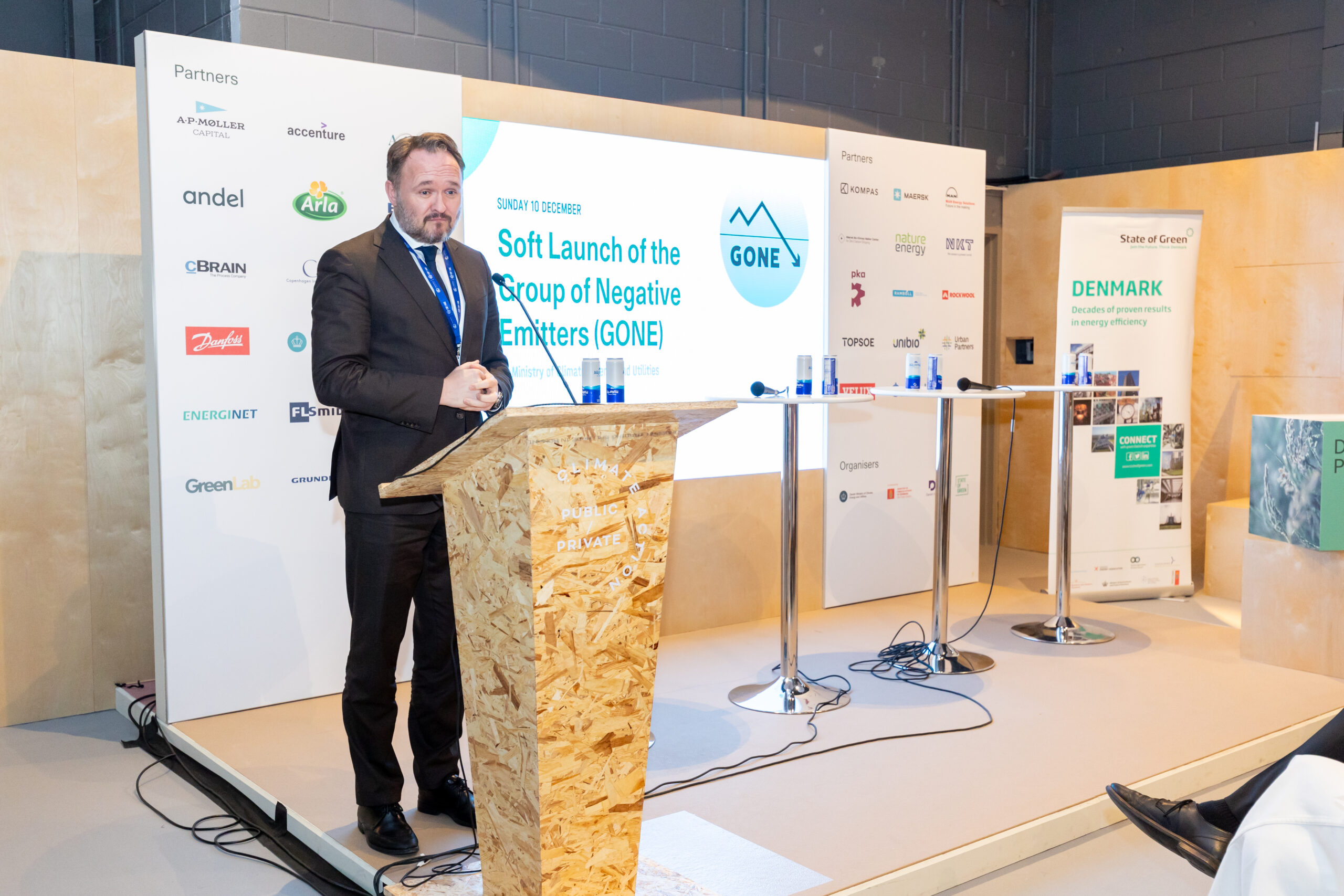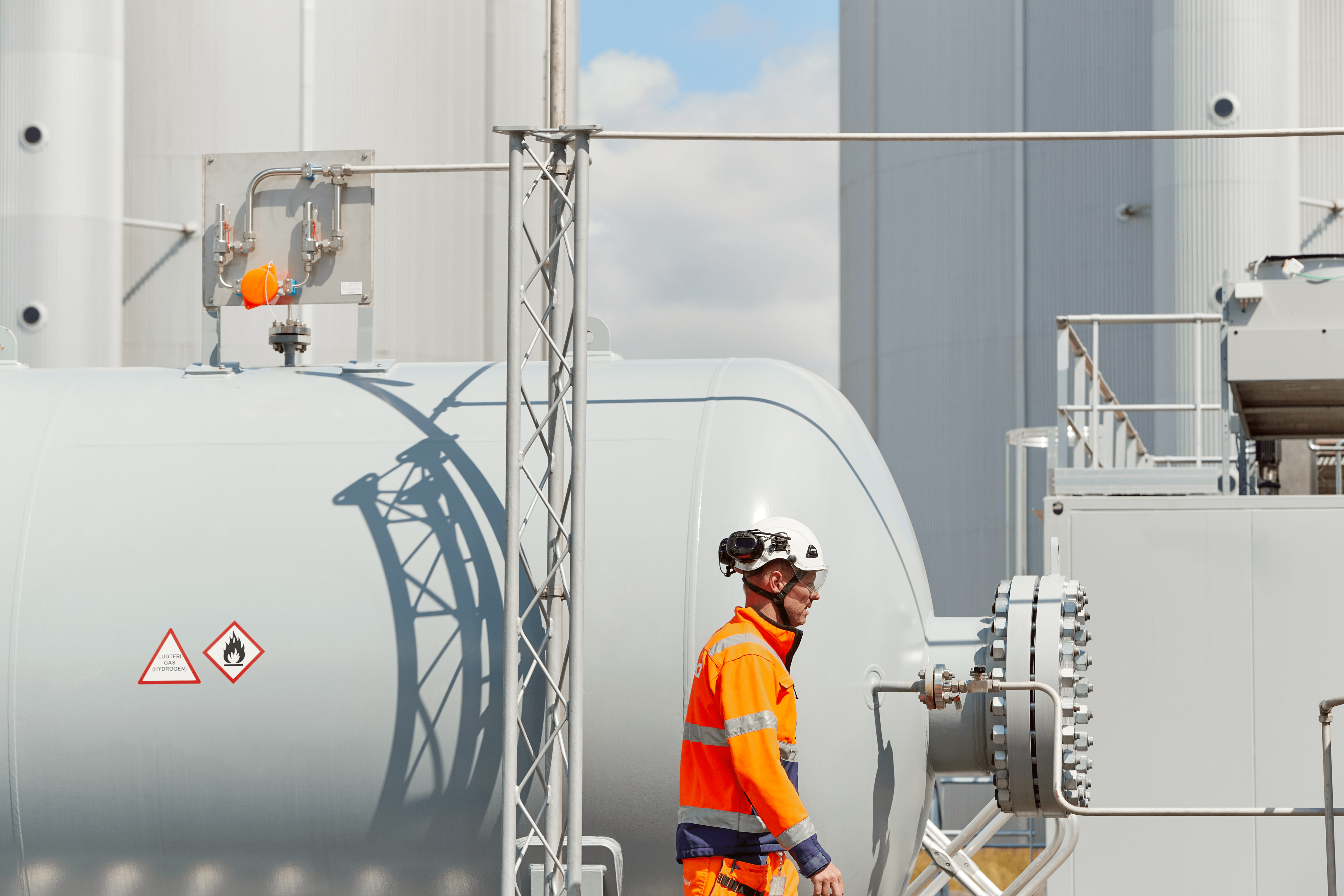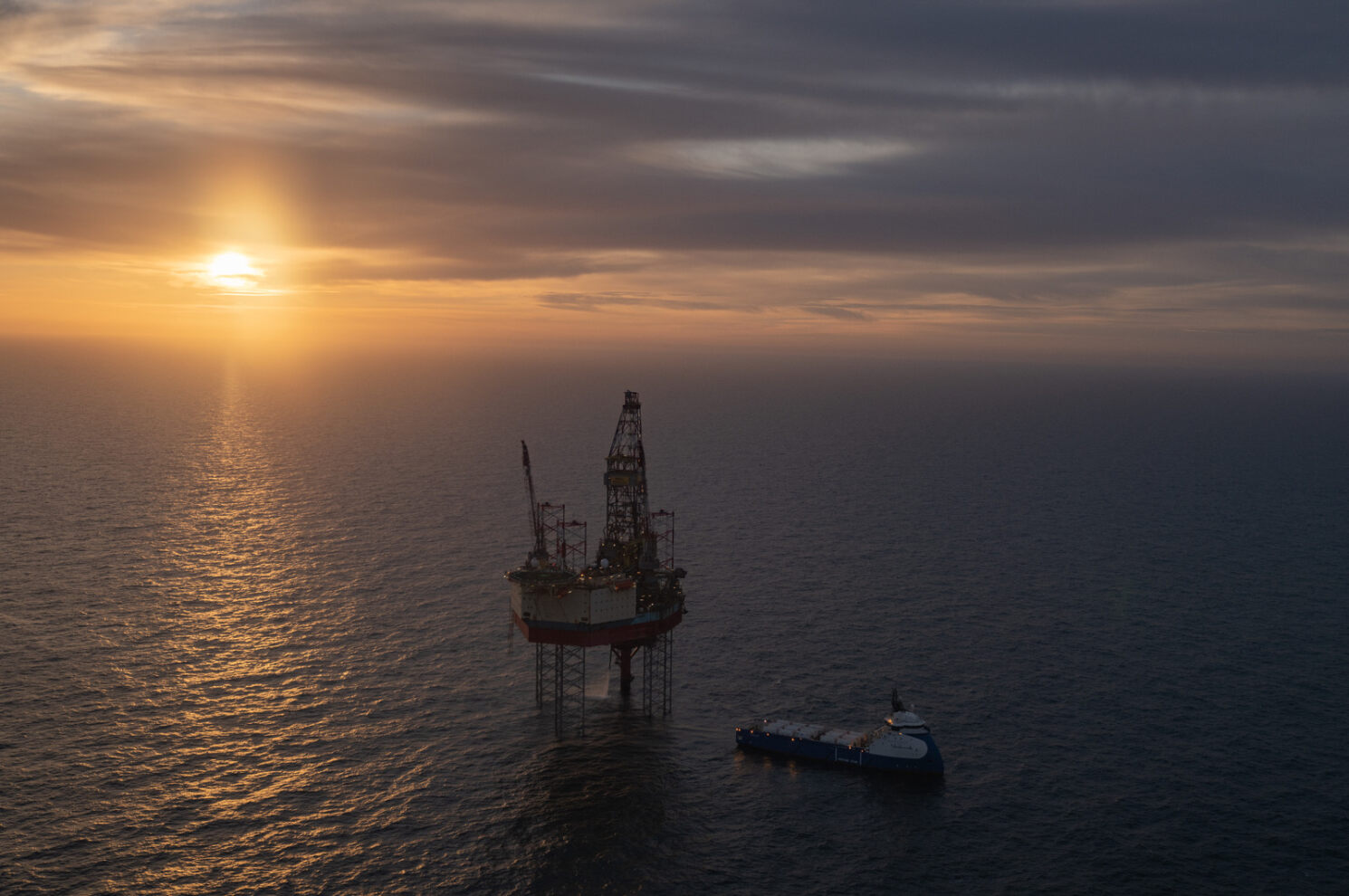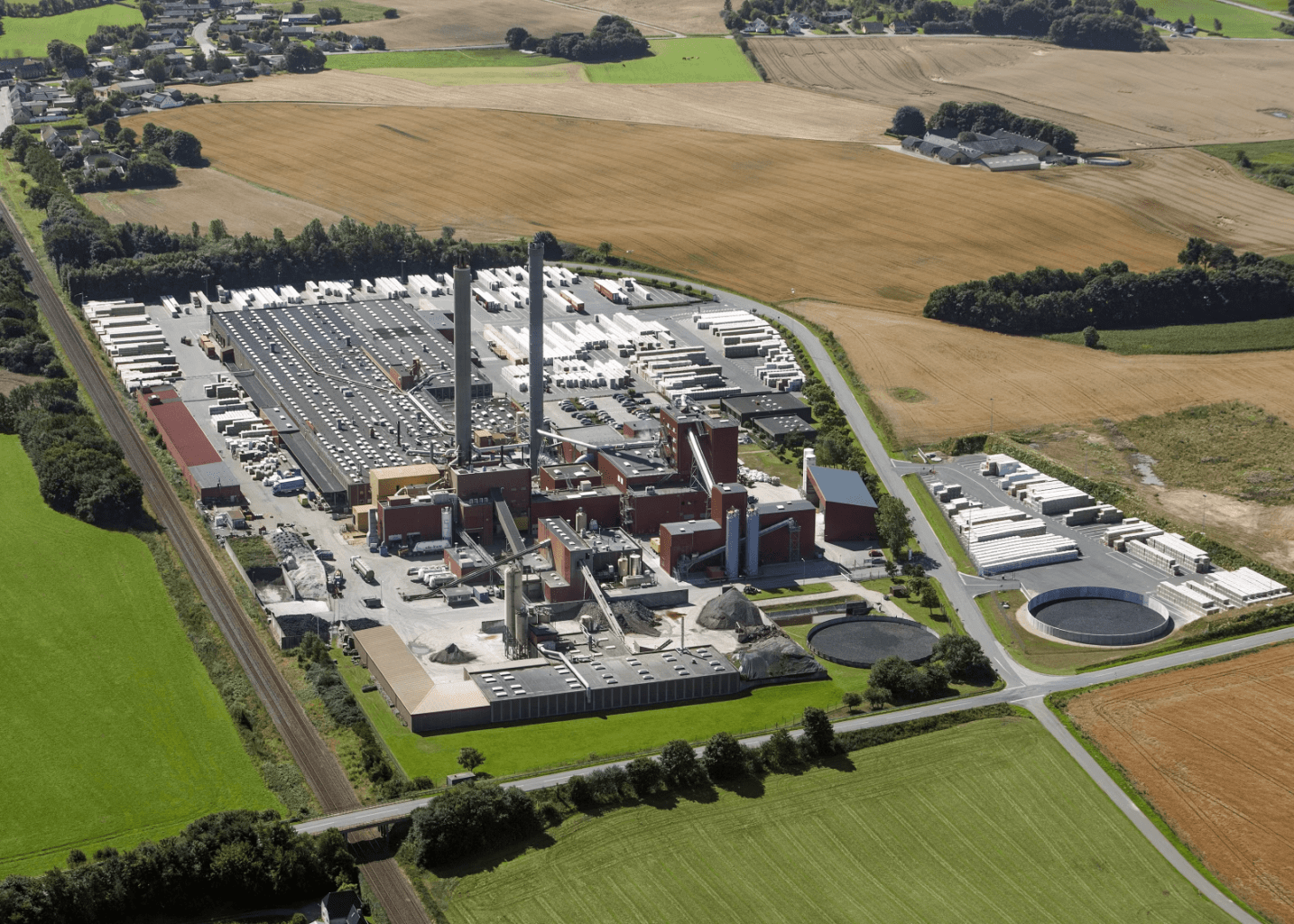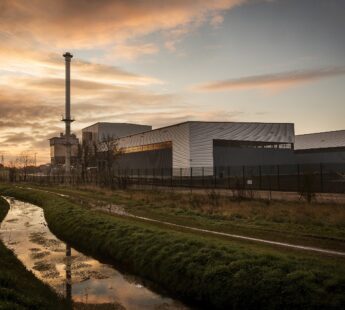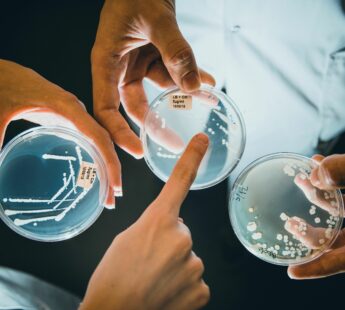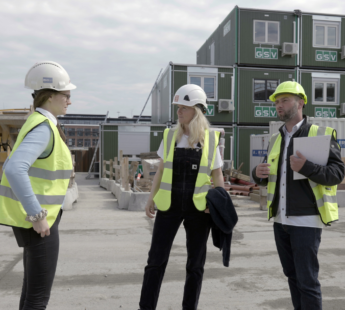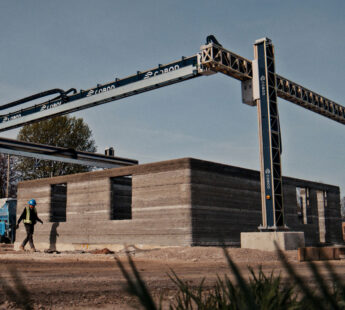With the Danish Climate Agreement for Energy and Industry of 22 June 2020, the Danish Parliament decided that the capture, utilisation, and storage of CO₂ is an important piece in achieving Denmark’s climate policy goals.
A market-based, technology-neutral pool was established to promote the CCUS. The pool is planned to be phased in from 2024 and ultimately amounts to EUR 109.5 million annually.
With the Climate Agreement, it was decided to establish central framework conditions supporting the development of CO₂ capture, transport, utilisation, and storage in Denmark. At the same time, the agreement helps to ensure a stable framework for a new industry in Denmark, and to ensure that society gets a share in any potential gains when shared resources are used.


